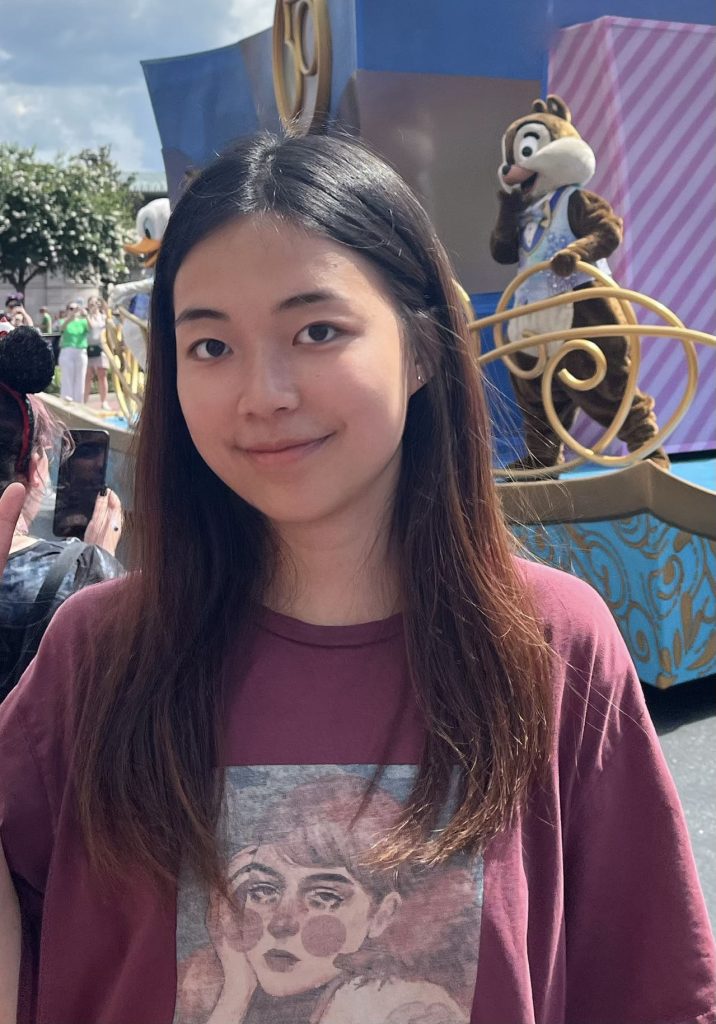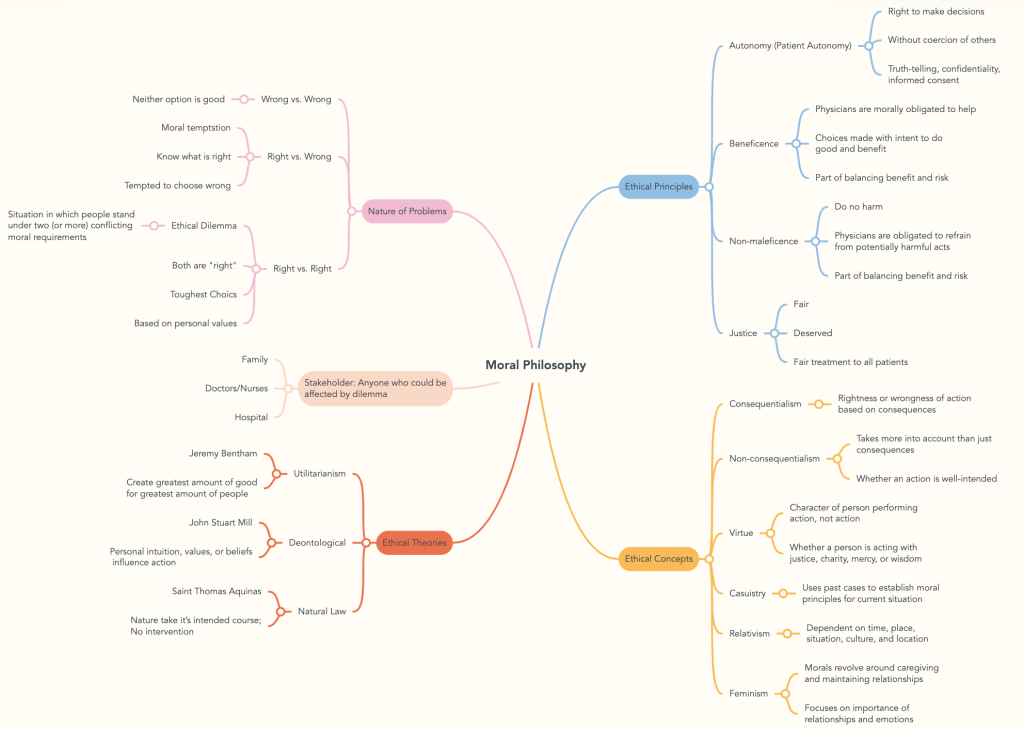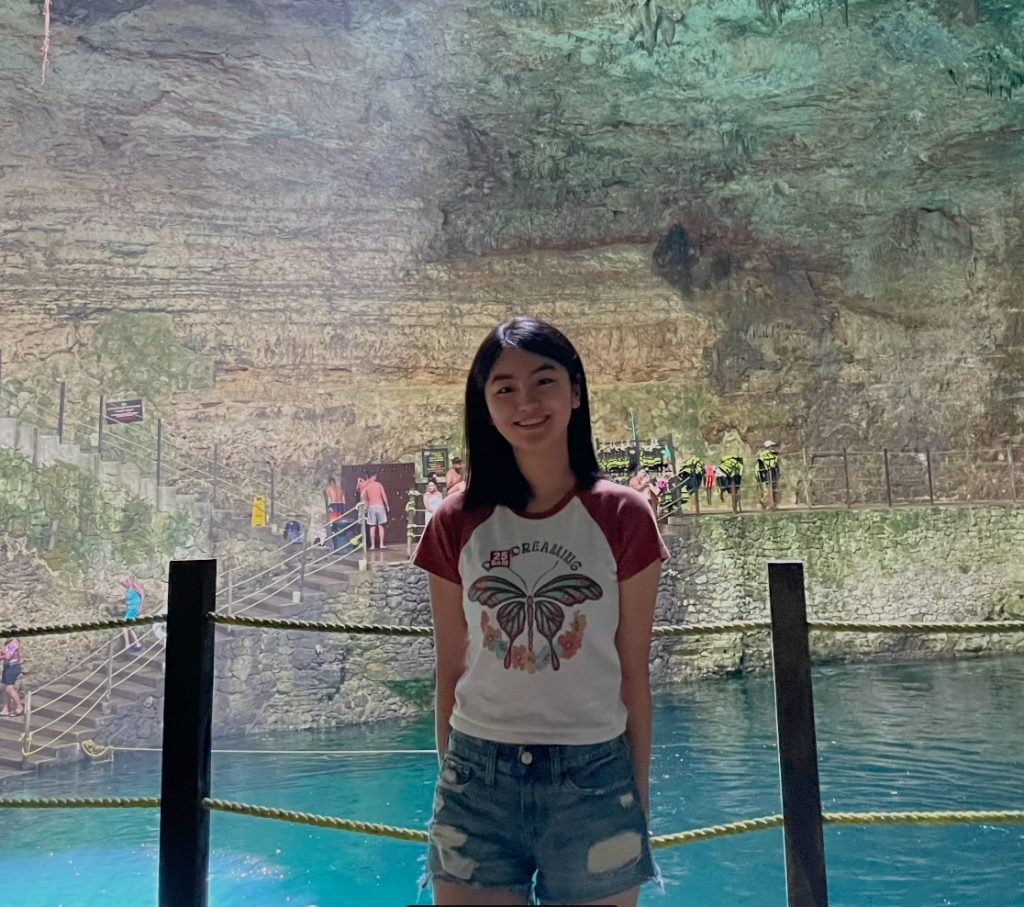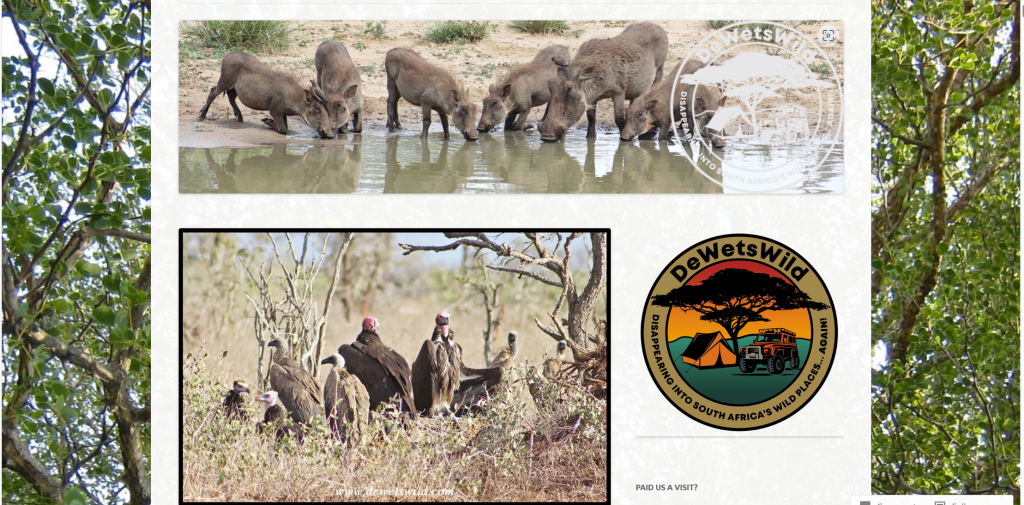Three of our ambassadors share their recommendations for courses outside of the Statistics major. As we approach Spring registration, take a look at these valuable courses!

From Yutong (Tanya) Wang:
ASTR 121
My favorite course is ASTR 121 – Solar System and Worlds Beyond. It offers a comprehensive study of our celestial surroundings. This course explores the intricate orbital mechanics of planets and moons, unravels the enigma surrounding the genesis of our Solar System, and introduces us to the discoveries of exoplanets in distant stellar systems.

What sets ASTR 121 apart is its immersive pedagogical approach, which includes attending enlightening presentations at the Staerkel Planetarium and participating in night observatory sessions. These practical experiences not only enhanced my comprehension of the universe but also motivated my curiosity for the universe. ASTR 121 has been pivotal in igniting my fervor for astronomy and planetary science.
CHLH 260
Another course I would recommend is CHLH 260, Introduction to Medical Ethics. This course talks about ethical complexities of the medical field, and it’s unlike any other class I’ve experienced. What makes it unique is that it uses movies and TV shows to explore medical ethics. Analyzing ethical dilemmas and moral challenges in media sources makes it highly relatable and engaging.

Finally, I was tasked with writing an essay that examines different ethical concepts and reflects on our chosen media source. CHLH 260 left me a lasting impression by its unique blend of media analysis and ethics and deepen my understanding of the complexities in healthcare area. It’s a course that has not only broadened my knowledge but also shaped my perspective on ethical decision-making.

From Jieruo (Kelly) Li:
ANSC 207
One of my favorite courses outside of statistics is ANSC 207, “The Science of Pets and How to Care for Them”. The course focused on introducing the biology of companion animals, including their physical structure, nutrition, behavior, and reproduction. While most people consider cats and dogs as their primary choice of pets, these two animal species are the primary focus of the course.

Despite being a huge animal lover, I don’t have a pet of my own because I always felt a strong sense of responsibility for having a companion animal. But after taking this course, I learned a lot about the potential congenital and heritable disorders for certain dog types, different stages of pet growth, “checked pets” for airline travel, ways to distinguish the gender of a kitten, and even how to adopt a cat from the shelter! So, if you are an animal lover who might want to have your own pets but don’t have any experience, don’t worry! ANSC 207 is the perfect course to help you learn everything about companion animals!
FSHN 343
Another course that I found really interesting is FSHN 343, “Foundations in Beverage Management: Introduction to Wine, Beer, and Spirits”. It is worth mentioning at the beginning that this course has an age requirement of 21+ and is only open for registration in the fall semester. The course will focus on the application of principles and practices related to the preparation and service of alcohol and specialty beverages in the hospitality industry.

Students can learn about the origin, stories, and techniques of making beer, wine, spirits, and cocktails while having the opportunity to taste them and make observations of aroma, flavor, and other characteristics. Most importantly, each student will study beverages in a safe way because everyone must complete alcohol training and become certified.

From Ruihan (Rita) Liu:
ANSC 205
One of my favorite courses outside the realm of statistics has been ANSC 205: World Animal Resources. In this course, you’ll get a chance to explore the world of animals and their various roles within different climates, economies, and cultures. Plus, you’ll get to delve into how these animals lived today and what the future may hold for them. It’s a journey that is eye-opening, offering insights that go beyond the ordinary.
At the start of the course, you get to pick a country to focus on. As an Advanced Composition class, ANSC 205 presents an opportunity to gradually craft a well-structured essay while gaining a deep understanding of a particular country’s unique animals. You’ll start by brainstorming your topic and digging into available resources online. Then, you’ll craft your first draft, get some feedback, and finish up with a final draft. It takes some time and effort, but the journey of gathering pertinent information and building a comprehensive essay about animals is truly engaging.
Another interesting aspect is its incorporation of peer reviews, typically occurring between the first and final drafts. It’s a chance to see what others are doing and how their essays are shaping up. Reading something completely different from your own topic can really make you think about how to improve your work.

Professor Emmert also offers invaluable support and guidance, ensuring that we remain on the right track and providing all the encouragement we require. It’s not solely about studying animals; it’s a comprehensive opportunity to acquire skills in research, writing, and critical thinking.
In summary, ANSC 205: World Animal Resources is a class that I absolutely adore. It’s packed with fascinating insights into the world of animals and offers a unique learning experience.

